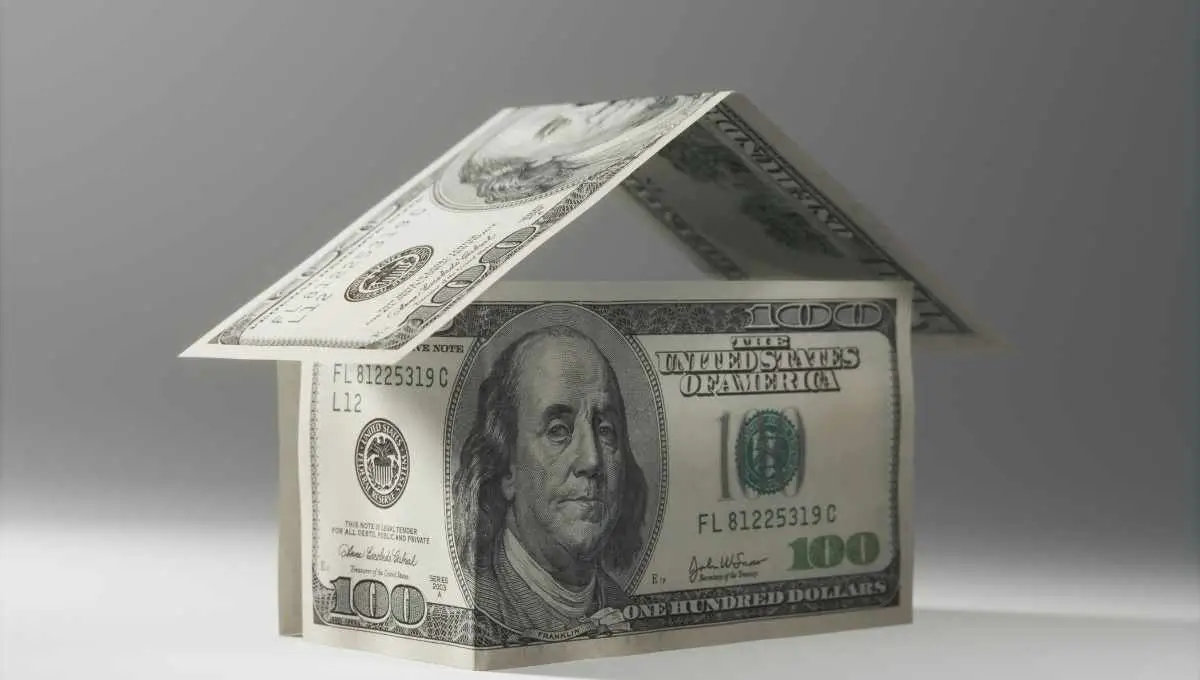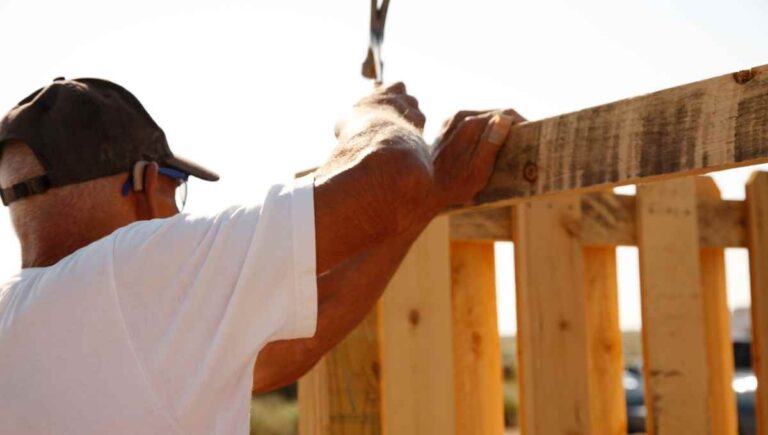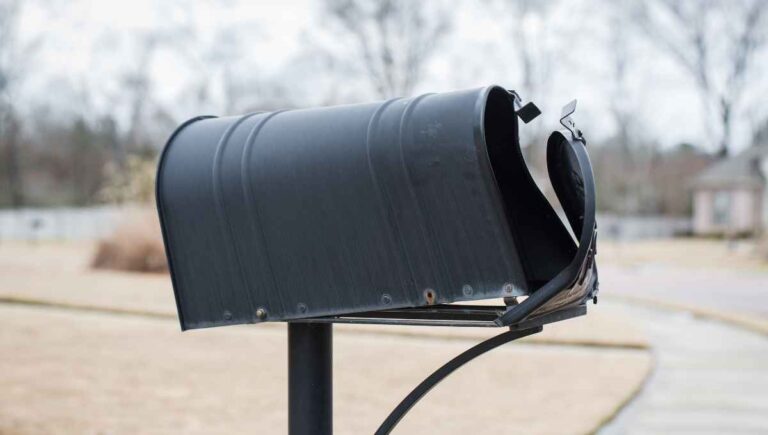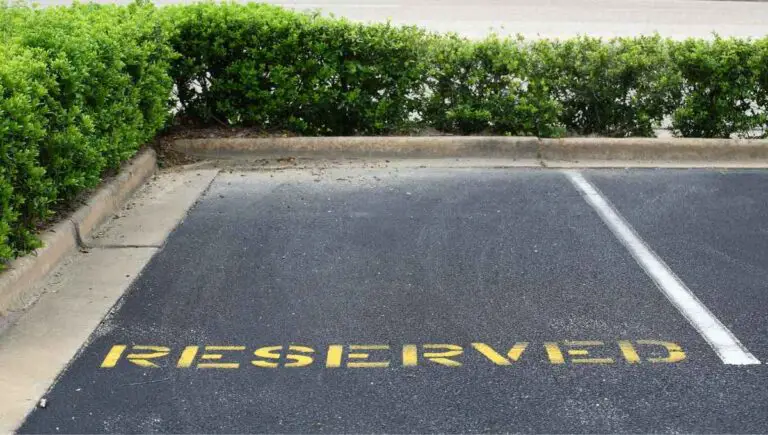Does My Neighbor Have a Mortgage? (Here’s How to Find Out!)

Does my neighbor have a mortgage? This is one of those questions that goes through most people’s minds when they see their neighbor’s new car, an expensive vacation, or a new roof on their home. How do you go about finding this information though?
You can find out whether or not your neighbor has a mortgage by searching your local public records. You can also ask your realtor since they have easy access to the MLS (Multiple Listing Service) and online property search databases to find this information.
In this blog post, we’ll explain step-by-step how to find out the answer to this question, using publicly available information. We’ll also discuss some of the reasons why you might want to know this information and what it could mean for you.
How Do I Find Out if a Property Has a Mortgage on It?
There are a number of ways to find out if a property has a mortgage on it. We’ll talk about the four most popular methods below.
Speak With Your Neighbor or Your Realtor
Another way is to simply ask your neighbor if they have a mortgage on their home. Don’t be surprised if they aren’t eager to answer this question.
This is personal information and people are often hesitant to talk about it. It’s also not something that should be shared with just anyone.
View Property Tax Records Online
The first way to find out if a property has a mortgage is by researching the property tax records for the address.
In most cases, you can view these records online. You may have to pay a small fee to access them and you’ll usually need to register for an account (it’s free) on their website.
You’ll then have access to a lot of public information on the property, including:
- Property value and previous values (if available)
- Date of last payment (heating oil and propane deliveries often provide this date)
- Any liens placed against it (which indicates that there is a mortgage on the property)
You might also enjoy our post on How to Shut Down Your Neighbors VRBO
Speak to Your Realtor
Finally, you can speak to your realtor and ask them to provide you with this information. After all, if they have access to the MLS (Multiple Listing Service) databases.
The MLS database is a collection of all the most recent home sales and for sale listings in your area. If you’re curious about a property, then asking your realtor to run a search will provide you with this information.
It’s a simple step for them to take to answer your question.
View Property Assessment Records
The last way is by viewing the previous property assessment records to determine if a property has a mortgage. This does not provide a current answer to the question, but it could be relevant if you’re interested in the history of the home’s value and previous owners.
You might also enjoy our post on How to Find Out if Your Neighbor Is on Section 8
What Does It Mean If My Neighbor Does Have a Mortgage?
If your neighbor has a mortgage on their home, this means that they are making monthly payments to a lender or mortgage company.
Your neighbor is most likely making these payments in order to pay off their home loan over time, but they could be paying it off early too if they’re trying to save on interest fees.
If your neighbor is spending money each month on their mortgage, this means they do not have as much money to spend on their day-to-day expenses and they could be cutting back or spending less money than you.
On the other hand, if your neighbor doesn’t have a mortgage, this means they either:
- Own their home in full already (and may be financially secure)
- Did not take out a mortgage for whatever reason (and may be financially savvy/frugal)
Public Mortgage Records Search
As we mentioned above, you can research public records to find out if your neighbor has a mortgage on their home. We recommend checking out NetrOnline and Zillow (for local information) first to get your searches started.
NetrOnline – NetrOnline provides free access to a number of public records, including mortgages on property in most US states and territories. You can search by name or ID number and gather information about the size of the mortgage, when it was taken out, who the lender is, etc.
Zillow – Zillow provides information on properties (including homes) in the US and Canada. You can find out if a property has a mortgage by searching the address (enter it in the search bar on the main page).
These websites will give you a lot of great information on a property in general, but the best way to find out the mortgage information for a property will be to contact the county clerk’s office where the property is located.
You can either do this in person or check to see if they have an online presence to make the search easier.
The county clerk’s office will be able to provide you with information about mortgages on your neighbor’s property.
You might also enjoy our post on How to Find Out If My Neighbor Has a Building Permit
Can You See How Much Someone Owes on a House?
Unfortunately, you cannot find out how much someone owes on their home by researching public records.
This information is kept private by law and it’s not available to the public unless the owner of the mortgage allows it to be shared.
With that said, even though you cannot find out this specific piece of information about someone’s home, there are other ways for you to get a rough estimate on how much they might owe.
You can find out what someone’s home is currently worth by researching the local property market and looking up similar properties that have recently sold nearby. You can then compare your neighbor’s house to these other homes to get an idea of how much their current mortgage balance would be.
You may also be able to estimate how much they owe on their home if you have a general idea of how much they spend on their mortgage each month. Just remember that this is only an estimate and the actual amount may be different than what you guess.
Why Would I Want to Find Out How Much Someone Owes?
If your neighbor owes a lot of money on their home, this could affect your property value as well as the resale value of your home.
Some financial experts recommend that you also take out a mortgage on your home when you buy or refinance, in order to secure the investment.
However, this doesn’t mean that your neighbor’s mortgage has no effect on your life. For example: if you own two homes side by side and one neighbor takes out a large loan for their house, this could have a negative effect on your property value and the resale value of both homes.
In these kinds of situations, you might want to talk with a realtor or financial advisor in order to figure out if the debt has a strong impact on your home’s worth.
How to Find Out if There Is a Loan on a Property
If you’re curious about whether or not there is a loan on your neighbor’s property, the best place to start is with the county clerk’s office.
This public-service entity can provide you with information about mortgages and other kinds of loans that have been taken out.
Since this information is available as a public record, anyone can access it, even if they are not the homeowner.
If you cannot get into this public office in person, or if there is no online presence for that county clerk’s office, you can always search property records using an online service.
One thing to note is that there may be fees associated with viewing and receiving records through these public services, so make sure you check with your county clerk to find out the details before making a trip.
Final Thoughts
In conclusion, you can search public records and check with your realtor to find out if your neighbor has a mortgage on their home, but they may not have any information about the value of their property.
However, you can get an idea of how much they owe by checking local property values and comparing them to similar properties in the area.
If you think that their current debt has an effect on your home, you may want to speak with a realtor or financial advisor for more information.







